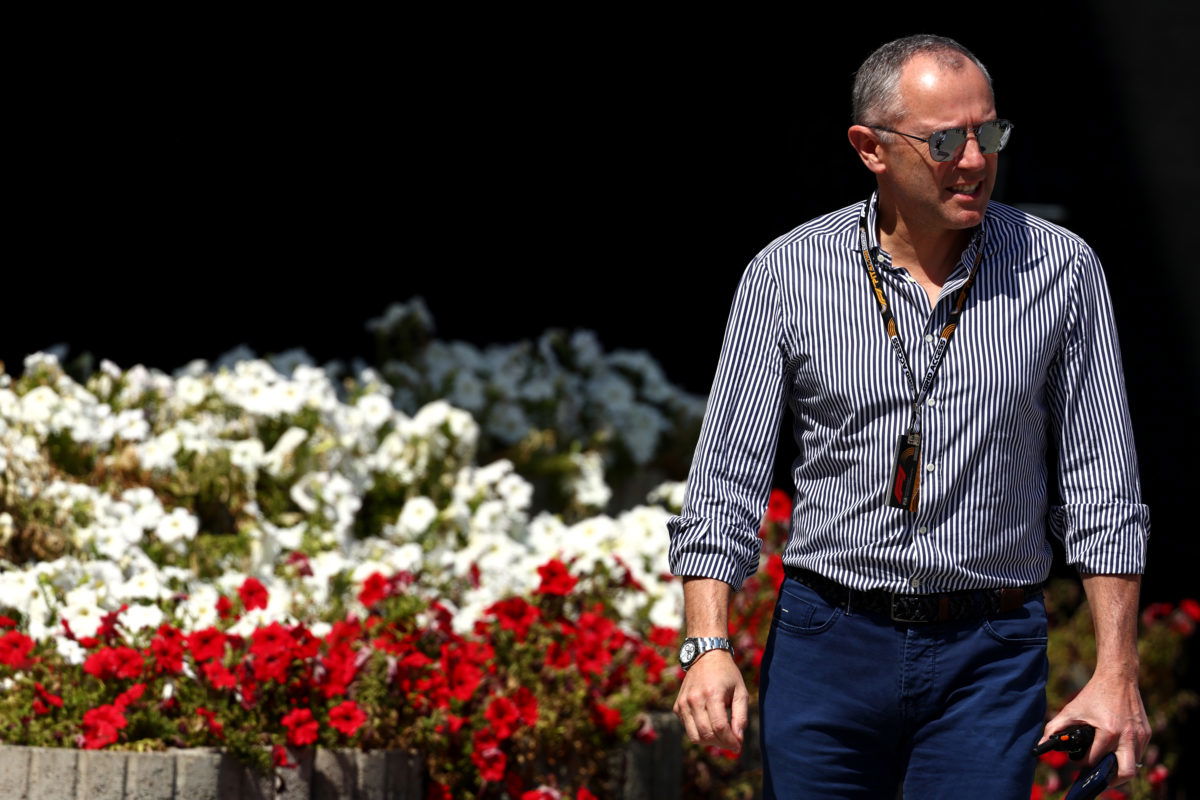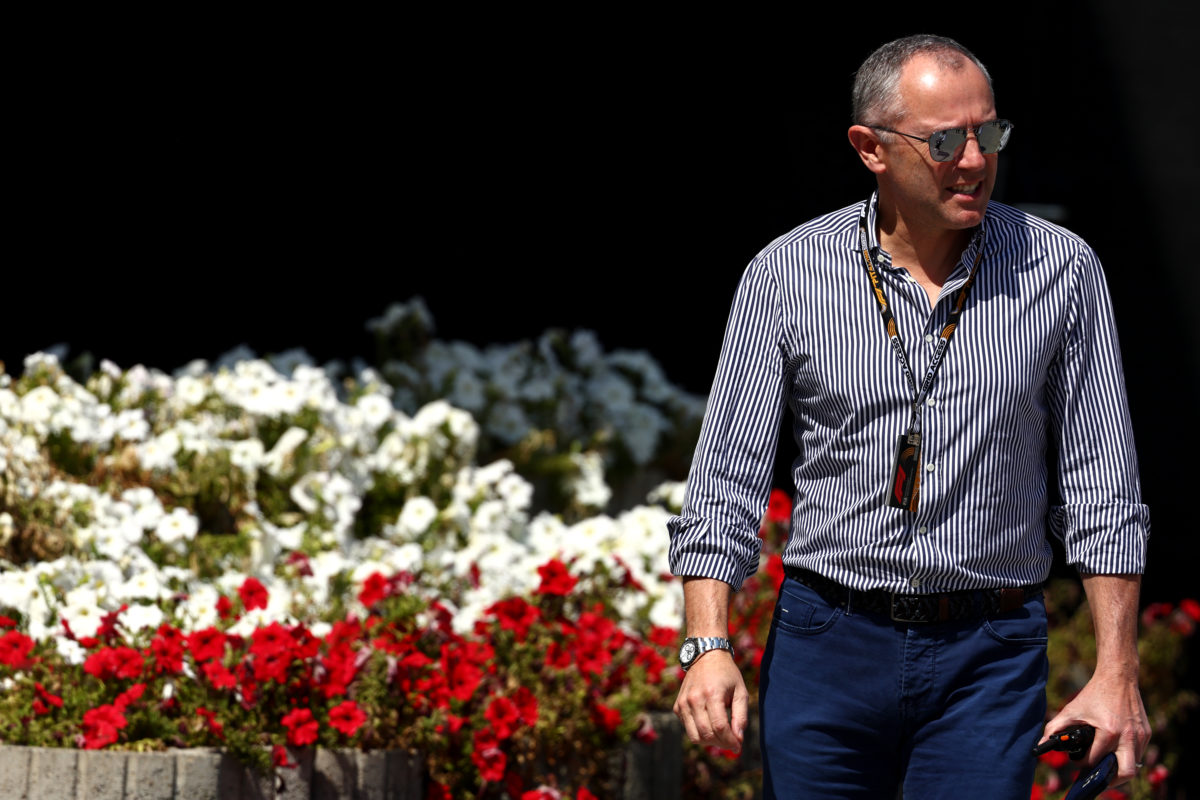

F1 CEO and president Stefano Domenicali has confirmed plans to rotate future European races in order to accommodate certain venues on the calendar.
The idea of such a plan has long been in the pipeline but is now slowly coming to fruition as F1 expands its global presence and the clamour to stage events increases from potential new venues.
Next season’s calendar is set for a record 24 events, with China due to return after what will be a five-year hiatus, whilst Imola is again scheduled after this year’s race was cancelled due to severe flooding in the Emilia Romagna region that resulted in a number of deaths and thousands being displaced.
There is a growing need, however, for certain European races to be rotated, with Belgium among those in mind.
Up until recently, it had been suggested Belgium would rotate with France, but the latter is no longer viable.
With Madrid vying to stage the Spanish GP, there is a possibility it could rotate with Barcelona’s Circuit de Catalunya.
As to the prospect of both on the calendar in the same season, as was the case with Barcelona and Valencia as most recently as 2012, speaking to the Beyond the Grid podcast, Domenicali said: “I think no.
“At that time, the business was not so big. We still had a European-centric calendar. Today we have a worldwide calendar with bigger races.
“In Europe, I am expecting to see races where the rotational principle could be applied, but not two in the same year.”
As to which races will be rotated, Domenicali added: “Not yet. There are already talks with some of them and this is something that in the next two years we are going to clarify formally.”
Of the current crop of European events, there are certain ‘crown jewels’ such as Monaco, Monza, and Silverstone.
Whilst retaining a historical element to the calendar is crucial for Domenicali, he has also made clear the European venues that are currently fortunate enough to have a contract have to prove themselves to be world-class.
“For sure, it’s very important the historical races have their own personality,” said Domenicali.
“I laugh when I hear people say Formula 1 does not respect historical races. It’s absolutely the other way around.
“What we want is to use this incredible moment where Formula 1 is growing, to make sure that everyone is doing the right thing. It’s a matter of understanding the world is evolving.
“Historical races will always be part of the calendar, but there is a need for some of them to recognise the changes that they have to make with infrastructure, for example. That is not changing the layout of traditional races.
“The fans are coming more and more with different needs. If you do not give them what they deserve, it’s not historical anymore, is it?
“If you remember, two years ago when there were discussions that Belgium was off the calendar, they reacted very well. They invested in infrastructure related to the best experience we want to give to the fans.”





















Discussion about this post